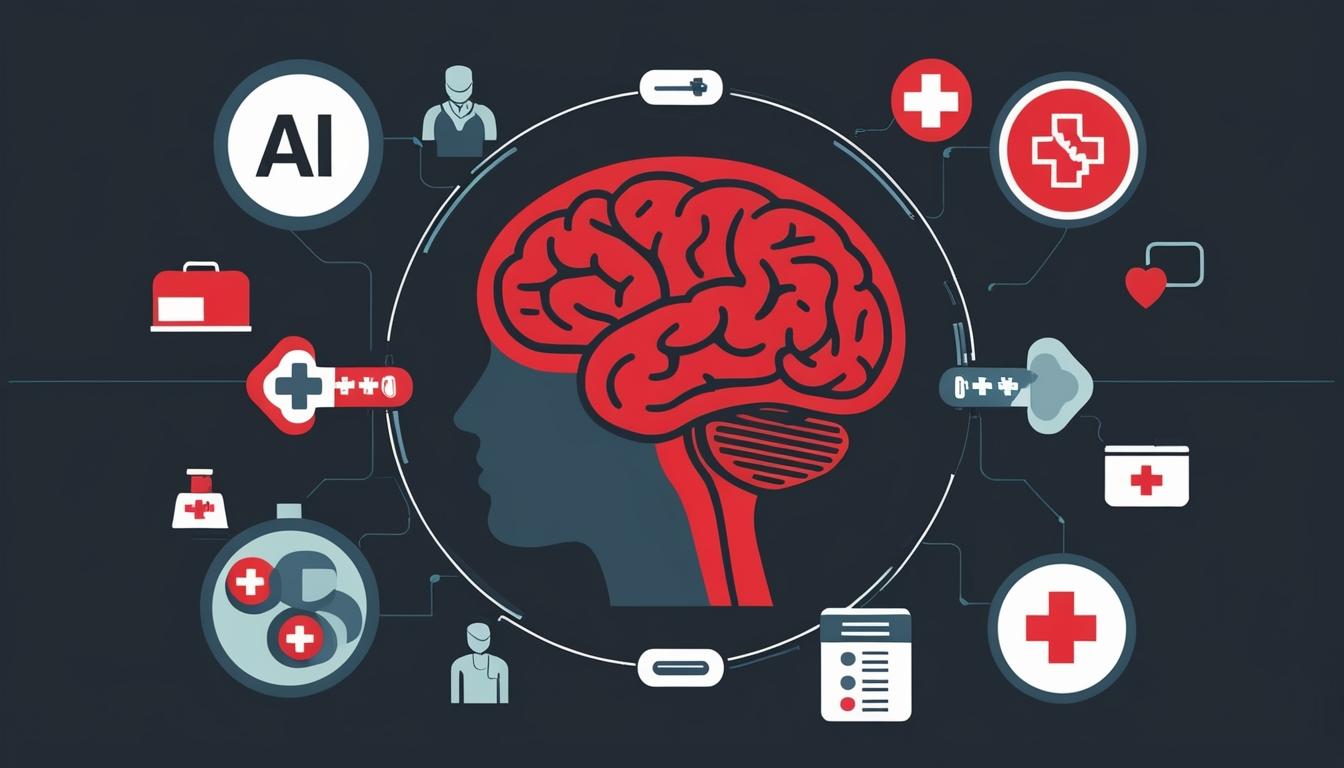The evolution of artificial intelligence (AI) has led to its increasing application in various sectors, particularly in addressing long-standing challenges within organisations. As highlighted by HBR.org Daily, since the 1960s, there has been an ongoing pursuit to alleviate the overwhelming burden of paper-driven processes, a struggle that has taken on new dimensions with the advent of AI technologies.
A recent case study at a healthcare insurer offers insights into how AI can be effectively employed, delivering lessons that extend beyond just reducing paperwork. The healthcare sector, known for its reliance on extensive documentation, is particularly well-suited for AI transformation. The findings from this case study outline five critical lessons that businesses can apply in their AI initiatives.
Firstly, the primary objective of integrating AI should not merely be automation but rather to accomplish work efficiently and cost-effectively. This perspective shifts the focus from replacing human effort to enhancing overall productivity and effectiveness within the organisation.
Secondly, the study suggests that successful AI implementation does not automatically lead to job reductions. Instead of supplanting workers, AI can complement their roles, allowing businesses to adapt to changing workloads without significant downsizing.
The third lesson underscores that AI technologies can free up employees to concentrate on higher-value tasks. By automating repetitive and time-consuming chores, staff can redirect their efforts toward more strategic functions, improving job satisfaction and organisational output.
Funding from AI projects can lead to substantial savings through improved productivity and quality. The fourth lesson emphasizes that the real financial benefits stem from scaling operations in a manner that prompts increased efficiency and enhanced standards of service.
Lastly, the case study stresses the importance of involving employees who have been performing the traditional functions in the AI integration process. Engaging these individuals not only garners essential insights but also fosters a sense of ownership and acceptance of the new technologies.
As organisations contemplate their future with AI, the observations from the healthcare insurer provide a framework for approaching these transformative technologies, highlighting that the successful integration of AI requires thoughtful consideration of both the technological and human elements within the organisation.
Source: Noah Wire Services
